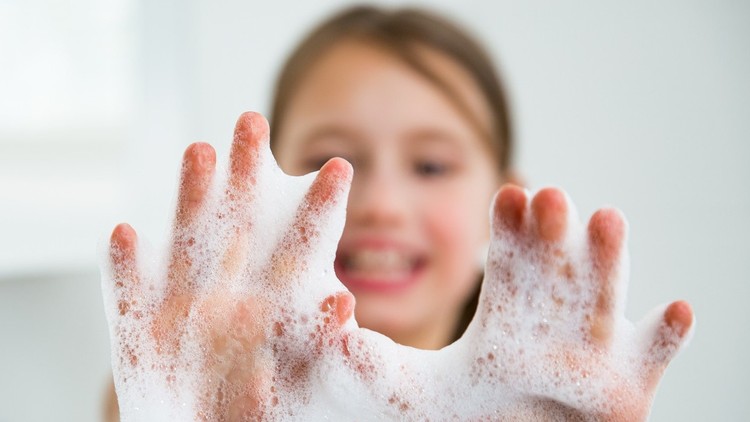
Best practices for maintaining hygiene standards and preventing outbreaks within care settings.
What you will learn
Learn the basic knowledge and skills of infection prevention and control.
Learn about disease transmission
Learn about standard and transmission-based precautions
Apply the knowledge & skills in all care settings.
Add-On Information:
Note➛ Make sure your 𝐔𝐝𝐞𝐦𝐲 cart has only this course you're going to enroll it now, Remove all other courses from the 𝐔𝐝𝐞𝐦𝐲 cart before Enrolling!
- This essential course equips caregivers with critical strategies and practical tools to uphold impeccable hygiene standards, directly preventing infection spread and outbreaks across diverse care environments.
- Mastering advanced hand hygiene techniques, including proper sanitization, washing protocols, and recognizing critical moments for decontamination throughout daily care routines.
- Gaining expertise in the correct selection, donning, doffing, and safe disposal of various Personal Protective Equipment (PPE), such as gloves, masks, gowns, and eye protection, safeguarding both caregiver and client.
- Developing a meticulous approach to environmental disinfection, learning targeted cleaning techniques for high-touch surfaces, shared equipment, and client-specific areas to eliminate pathogen reservoirs effectively.
- Implementing stringent safe practices for handling, storing, and preparing food, alongside efficient waste management procedures, to decisively prevent cross-contamination and bacterial proliferation.
- Understanding and applying robust protocols for managing soiled linens and clothing, encompassing safe removal, transport, and laundering methods that eliminate pathogens without secondary contamination risks.
- Learning to swiftly identify early warning signs of infection in clients, comprehending the urgency of prompt reporting, and knowing precisely when to escalate concerns to healthcare professionals for timely intervention.
- Acquiring strategies to educate and involve clients and their families in infection prevention, fostering a collaborative approach to maintaining a healthy, safe, and supportive living space.
- Navigating specific infection control challenges pertinent to common care tasks like wound care, catheter management, and assisting with personal hygiene, ensuring every interaction prioritizes utmost safety.
- Building profound confidence in your ability to protect vulnerable individuals from preventable illnesses, significantly enhancing their quality of life and minimizing the need for complex medical interventions.
- Elevating your professional credibility by demonstrating a comprehensive grasp of current best practices, establishing yourself as an invaluable, highly skilled asset in any care setting.
- PROS:
- Enhanced Client Safety & Well-being: Directly reduces the risk of illness and improves the overall health outcomes for those in your care.
- Professional Credibility: Equips you with essential, recognized skills that elevate your standing and trustworthiness as a caregiver.
- Personal Protection: Teaches you how to safeguard your own health while providing care, minimizing personal exposure to infectious agents.
- Operational Efficiency: By preventing outbreaks, it helps reduce care disruptions, emergency situations, and the overall stress within care environments.
- CONS:
- Requires Constant Vigilance: Effective infection control demands continuous attention to detail and consistent application of learned practices, which can be mentally demanding over time.
English
language